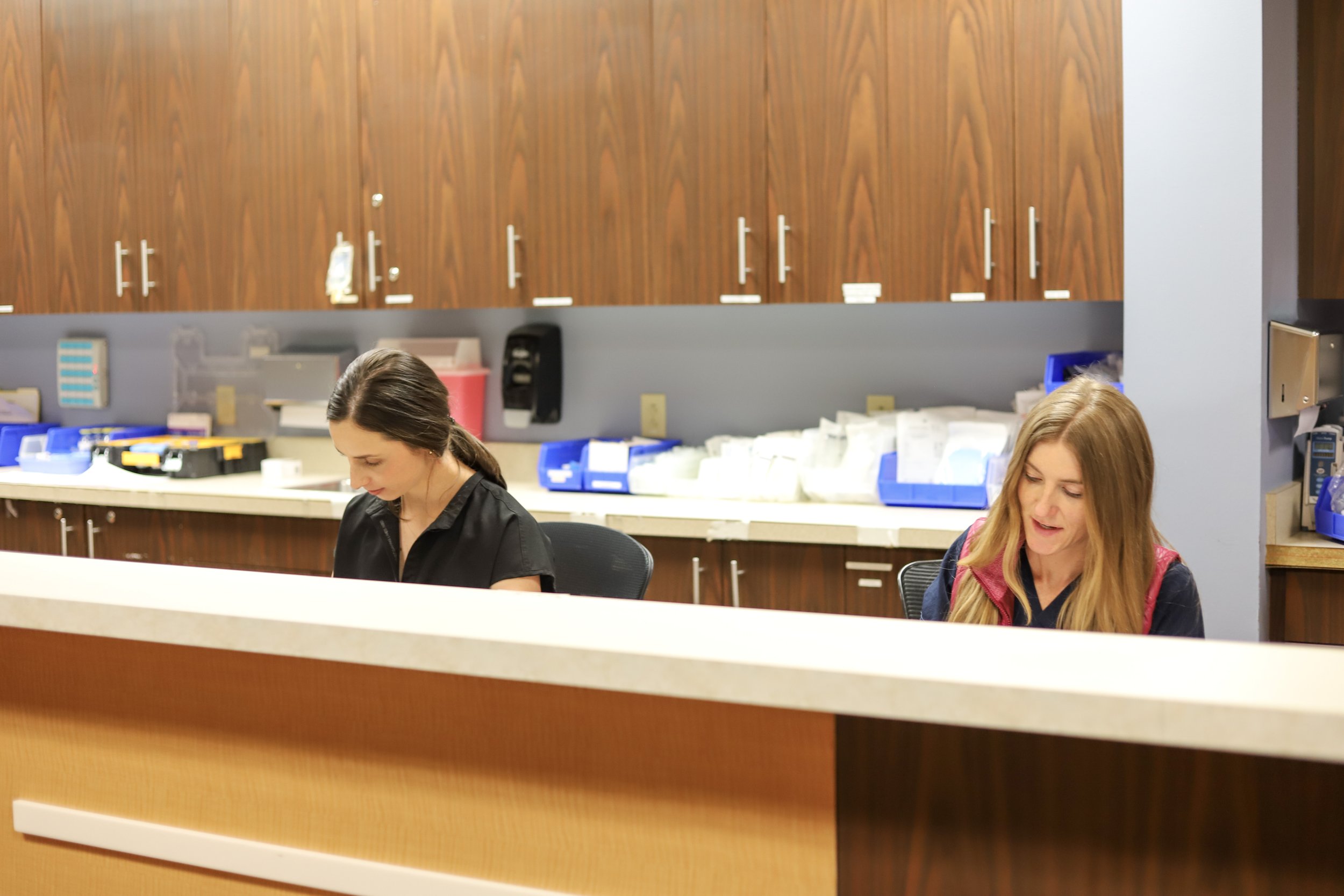
Brain Stimulation
Brain and Peripheral Stimulation plus Neurocognitive Testing in Dallas/Fort Worth
Transcranial (brain) and peripheral magnetic stimulation are part of a burgeoning field of medicine that uses electromagnetic currents to stimulate the brain and nervous system, increasing blood flow and providing relief from a wide range of psychological and physical symptoms.
Frequently named one of the “Best Doctors in Dallas” for Pain Management, Dr. Howard Cohen is specially trained in the use of TMS and PMS and has seen firsthand the remarkable results his patients enjoy after just a few short, painless treatments.
Is TMS Therapy Right for You?
Transcranial Magnetic Stimulation (TMS)
What is TMS?
What is TMS? Transcranial magnetic stimulation (TMS) uses magnetic stimulation to change neuronal activity in the brain, specifically in the areas of the brain responsible for mood and pain. This is a non-invasive, painless treatment that has been shown to increase blood flow to the area of the brain treated and also increase the density of gray matter in the brain.1
Dr. Cohen is proud to employ the state-of-the-art CloudTMS system at Mind + Body Medicine in Dallas. This revolutionary TMS system allows him to conduct treatment for depression in as little as 3 minutes per session.
What Can TMS Treat?
The CloudTMS system is approved by the FDA as a treatment for depression, and has also been found to be beneficial in individuals with:2
- Migraine headaches
- OCD
- Nerve pain
- Fibromyalgia
- Pain
- PTSD
- Weight loss
- Cognitive impairment
How Does TMS Work?
To begin a TMS session, the patient relaxes in a reclining chair while Dr. Cohen takes measurements of his or her head. Dr. Cohen then places the TMS stimulating coil on the patient’s head and begins treatment. Patients find TMS treatment to be comfortable, experiencing at most a light “tapping” sensation on the scalp that usually dissipates as treatment continues.
Immediately following TMS treatment, patients are able to return to normal activities and can even drive themselves home.
A session with the CloudTMS system takes between 3-30 minutes, and patients undergo daily sessions for a treatment period of 4-6 weeks. While insurance covers one TMS session per day, some patients opt to pay out-of-pocket to undergo more than one session a day and consolidate their treatment time frame. Most patients report experiencing results such as increased energy and motivation in as few as 5 sessions.3

Peripheral Magnetic Stimulation (PMS)
What is PMS?
Peripheral magnetic stimulation (PMS), sometimes referred to as transcutaneous magnetic stimulation, is a non-invasive treatment that delivers high-intensity magnetic pulses to areas other than the brain. This treatment improves motor function and can reduce chronic pain.
What Can PMS Treat?
PMS has been found to deliver short- to medium-term relief of conditions such as:
- Migraine headaches
- Myofascial pain
- Neuropathic pain
- Chronic or acute lower back pain
- Pelvic pain
- Muscle pain
- Spasticity
PMS can also increase muscle strength and reduce difficulty swallowing in patients who have suffered strokes or other conditions that affect movement.4,5
How Does PMS Work?
An electromagnetic coil, programmed at an individualized frequency and pattern, is painlessly applied to a painful muscle, nerve, or joint for 3 minutes. Pain relief may occur within minutes to 24 hours and the procedure may be repeated for extended relief. This procedure is widely used in Europe and Japan and is gradually becoming more common in the USA.

Neurocognitive Testing
Neurocognitive testing is a great way to gauge a patient’s progress with TMS treatments. Dr. Cohen and the Mind + Body Medicine team use a superior test designed by Cambridge Biosciences, which is emailed to patients for completion at home. The results of neurocognitive testing can not only be used to track TMS treatment progress, but also to inform treatment. For example, if Dr. Cohen learns through testing that a patient struggles with memory, he can direct magnetic pulses to increase blood flow in the part of the brain responsible for memory and cognition.

Contact Mind + Body Medicine in
Dallas/Ft. Worth
If you suffer from depression, OCD, migraine headaches, fibromyalgia, or other conditions that cause chronic pain and are ready to enjoy a marked reduction in your symptoms, TMS or PMS may be the solution for you. To learn more about brain and peripheral stimulation or neurocognitive testing, contact us at Mind + Body Medicine in Dallas to schedule an informational consultation with Dr. Cohen.
